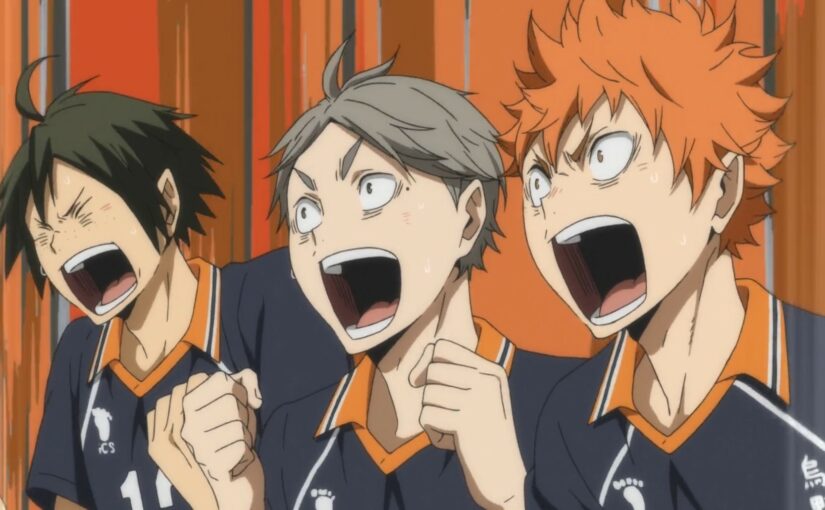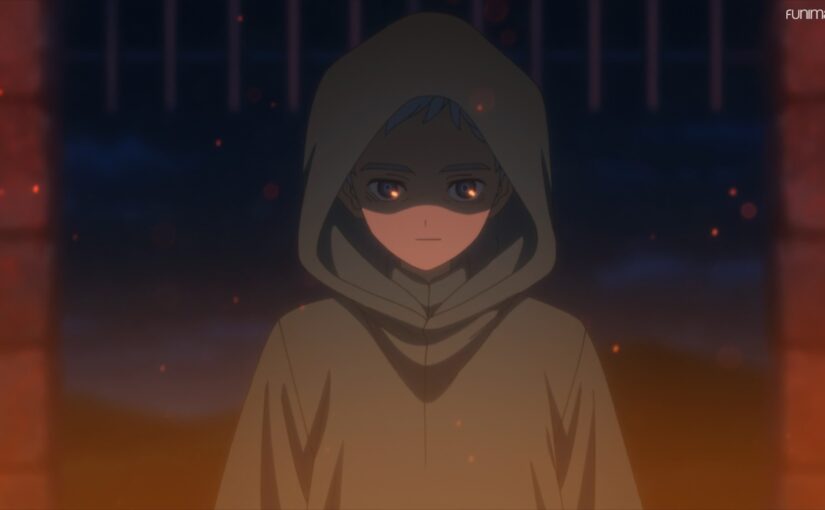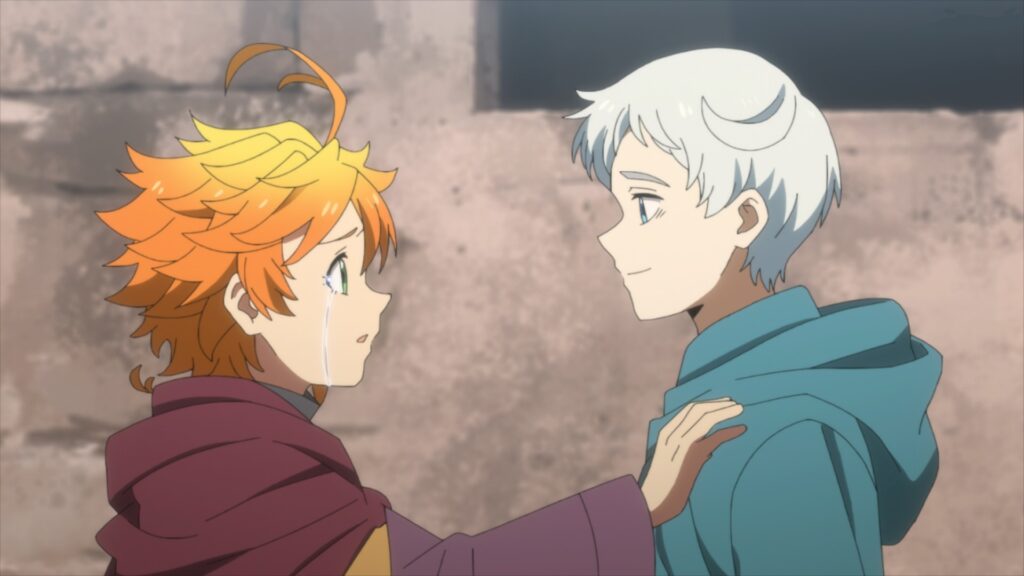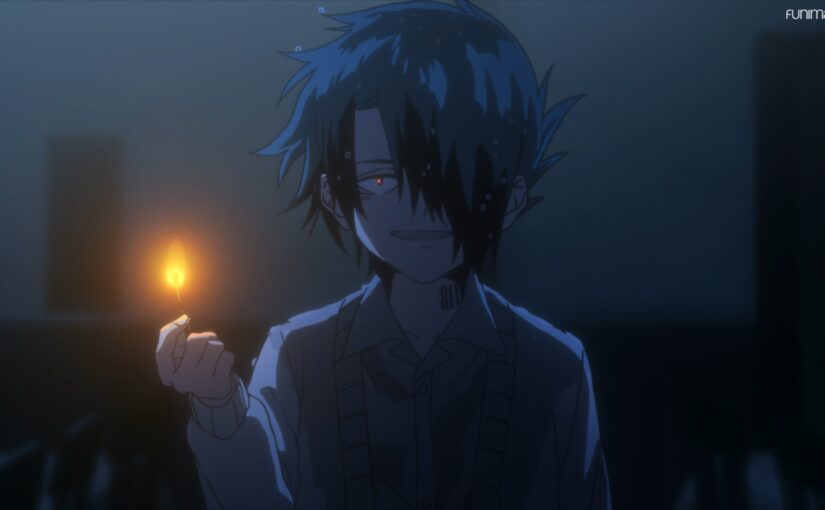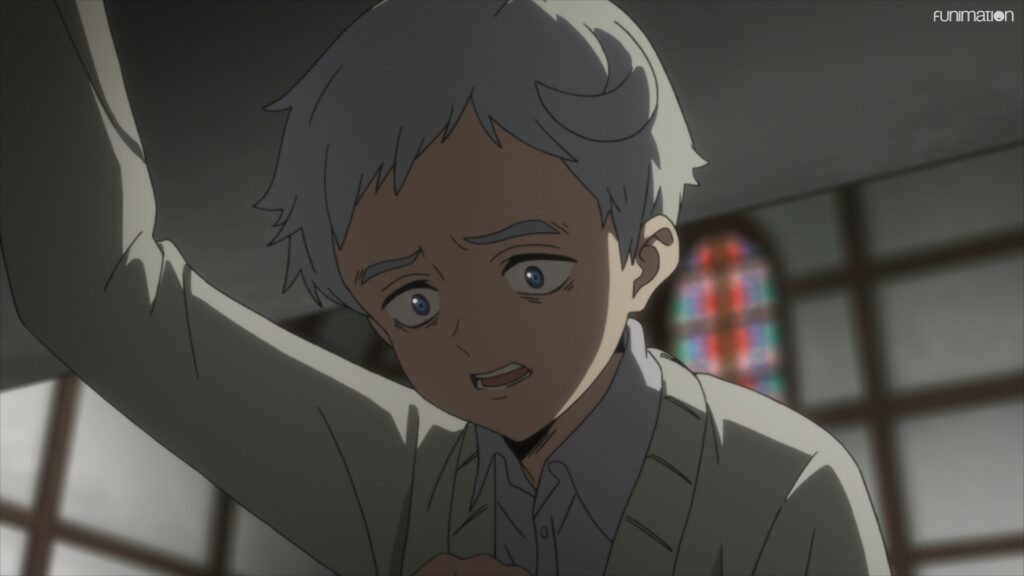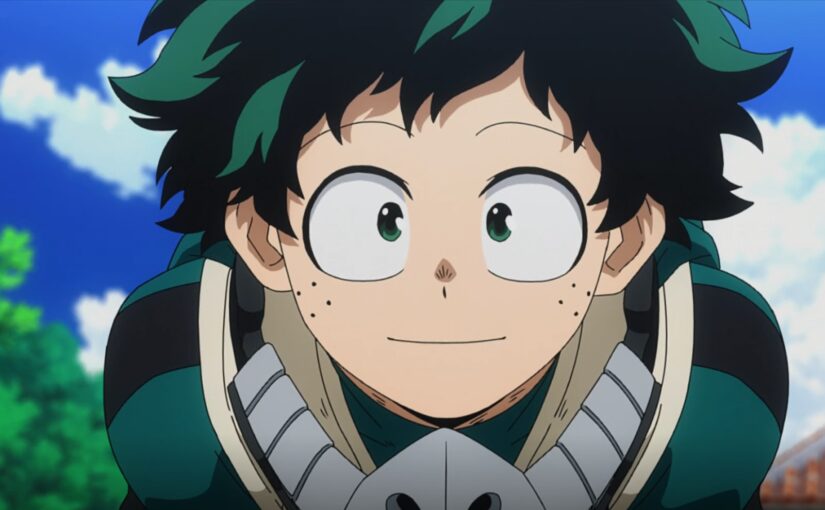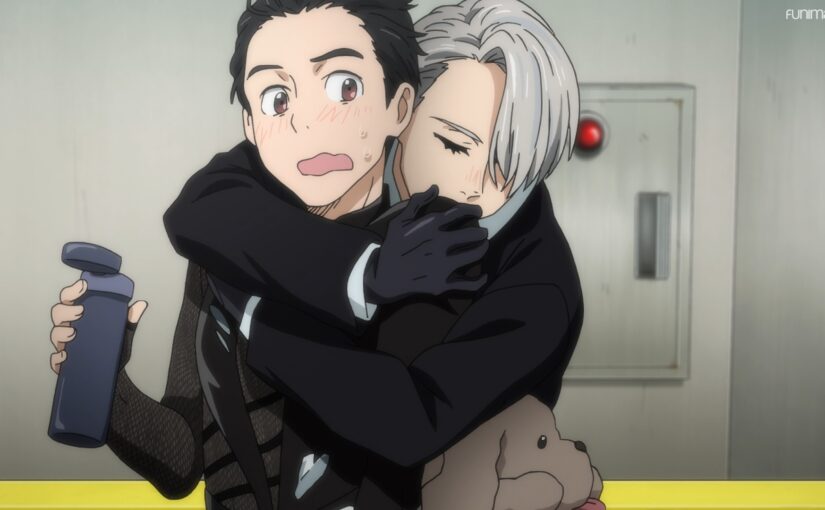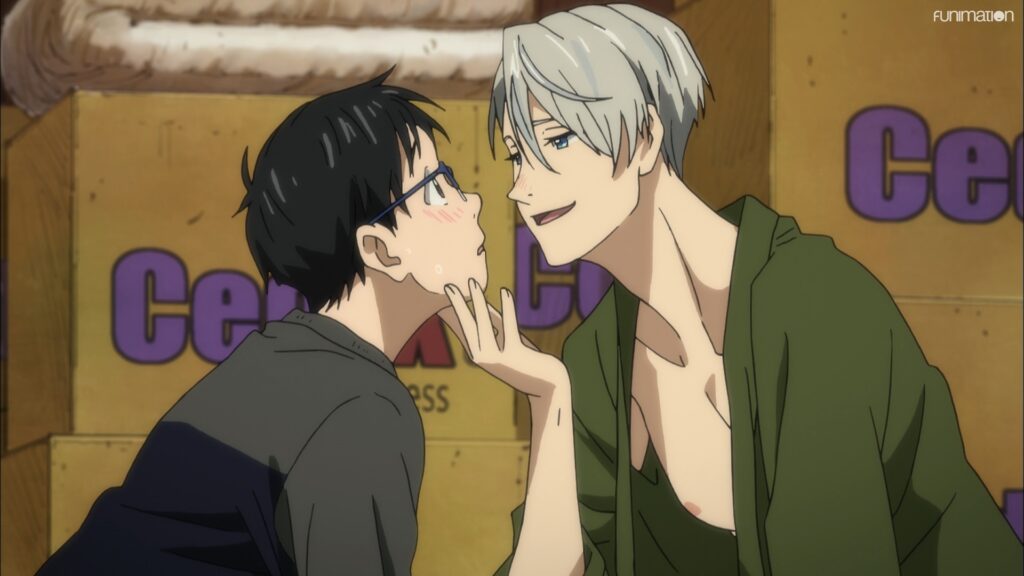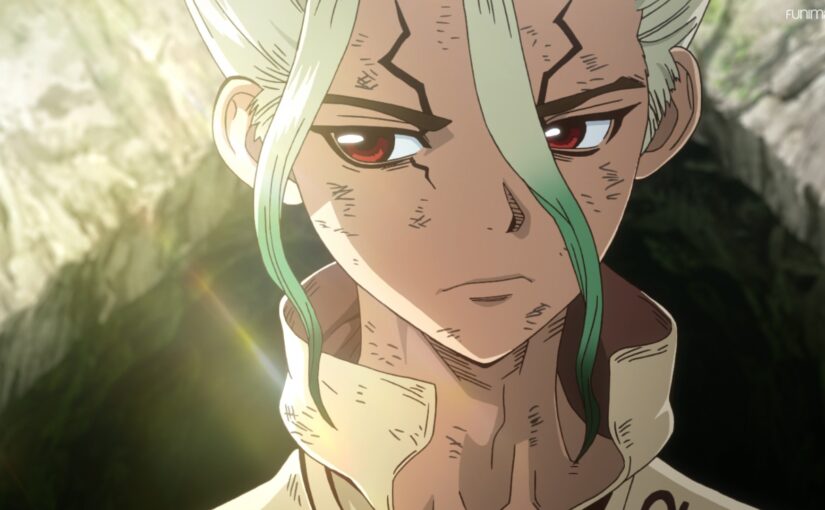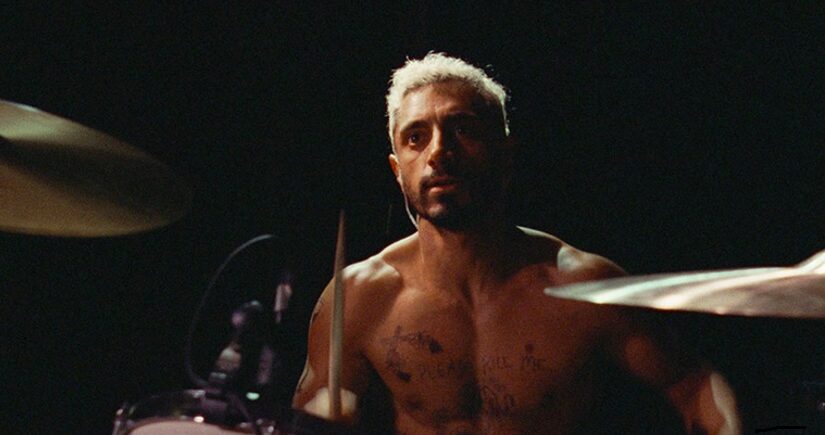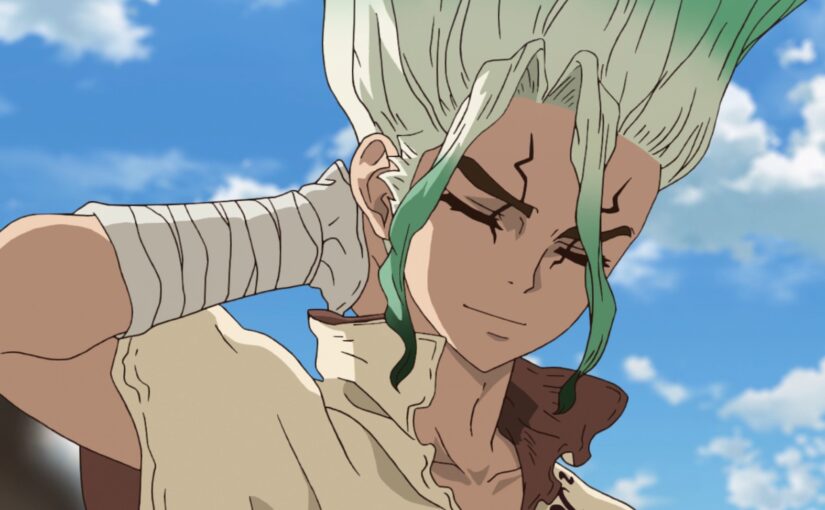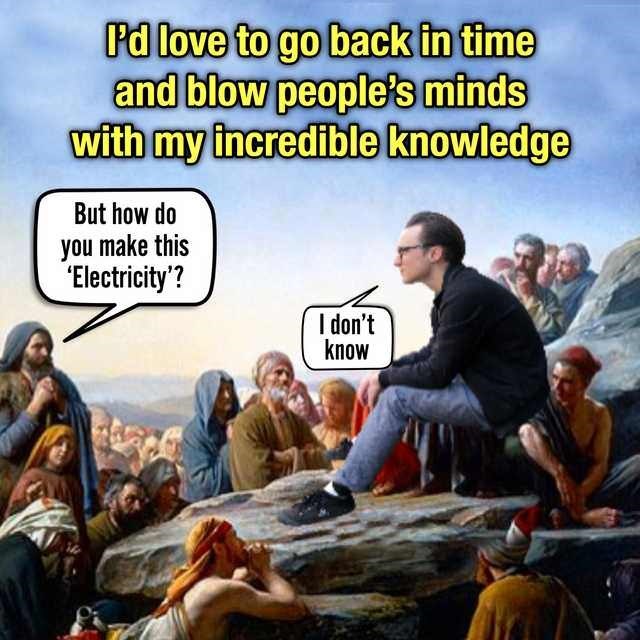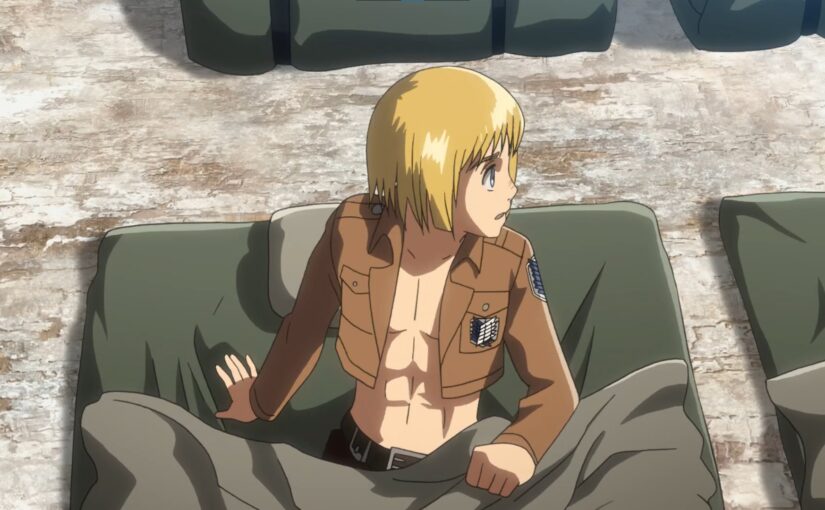Never have I ever enjoyed watching or playing sports. A few months ago, I would have never even fathomed watching a sports anime. But, after watching Yuri on Ice and Haikyu!!, all my preconceived notions about sports and sports anime have changed. I still won’t watch real sports, but goddam does anime make sports really exciting.
Haikyu!! has been received very well by the community at large– and for good reasons. The characters have great banter and are hilarious, the plot moves at a good pace, the animation is great, and the plot is thrilling. It is effortless to get drawn in and feel the tension, heartbreak, and adrenalin during the volleyball games. It gives off the same energy and emotion that many epic shounen battles give. Yet, it is merely a high school volleyball game and not a battle to decide the entire world’s fate.
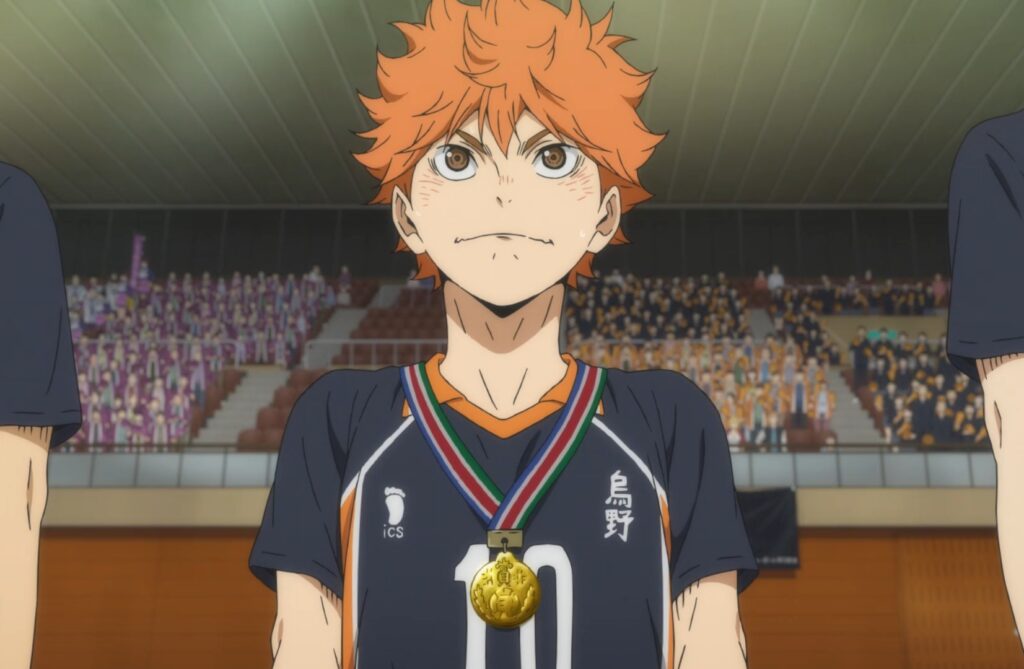
It is amazing the energy and emotion emitted from sports anime– and just anime in general. Dramatic storytelling, balanced characters, stunning visualizations, and cinematographic shots can make just about anything interesting. These are things that “regular” sports don’t have. Since anime can tell us the story focused on the characters, we immediately become invested in winning the game — like real sports fans. With sports teams, they try to do the same thing with interviews, press releases, and open practices, but these all pails compared to having the star athlete be the protagonist of a television show. Telling the story in this way also humanizes the characters rather than puts them on a pedestal, as we do with most professional athletes.
Although Haikyu!! is highly entertaining, I obviously can’t pull deeper or philosophical meanings out of it as I could with Fullmetal Alchemist. But, having surface-level themes is not bad, especially when the show is entertaining. Having a cheerful anime that teaches the importance of teamwork, hard work, and extracurricular activities is always a good thing. In fact, since this anime has aired, high school attendance for volleyball has increased.
